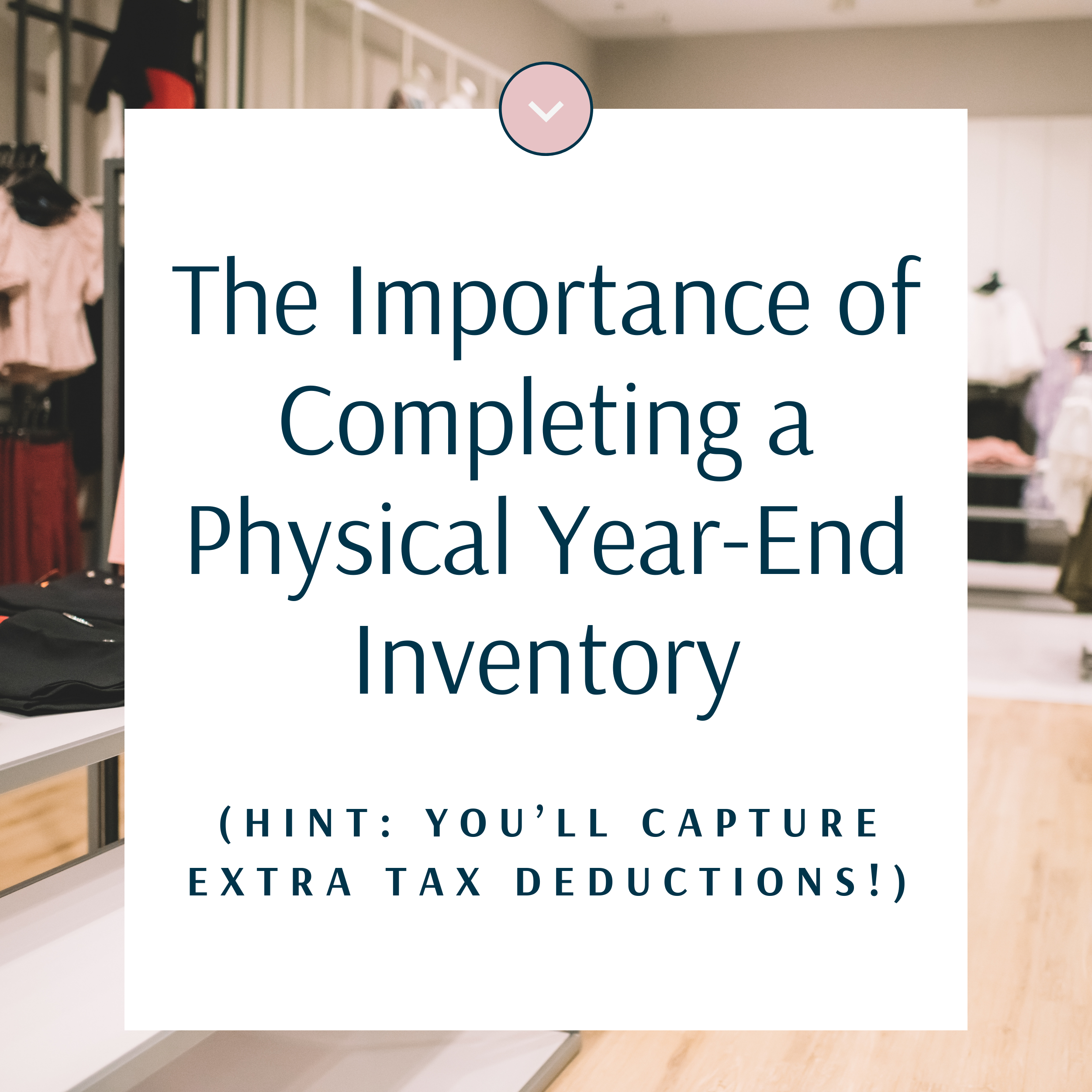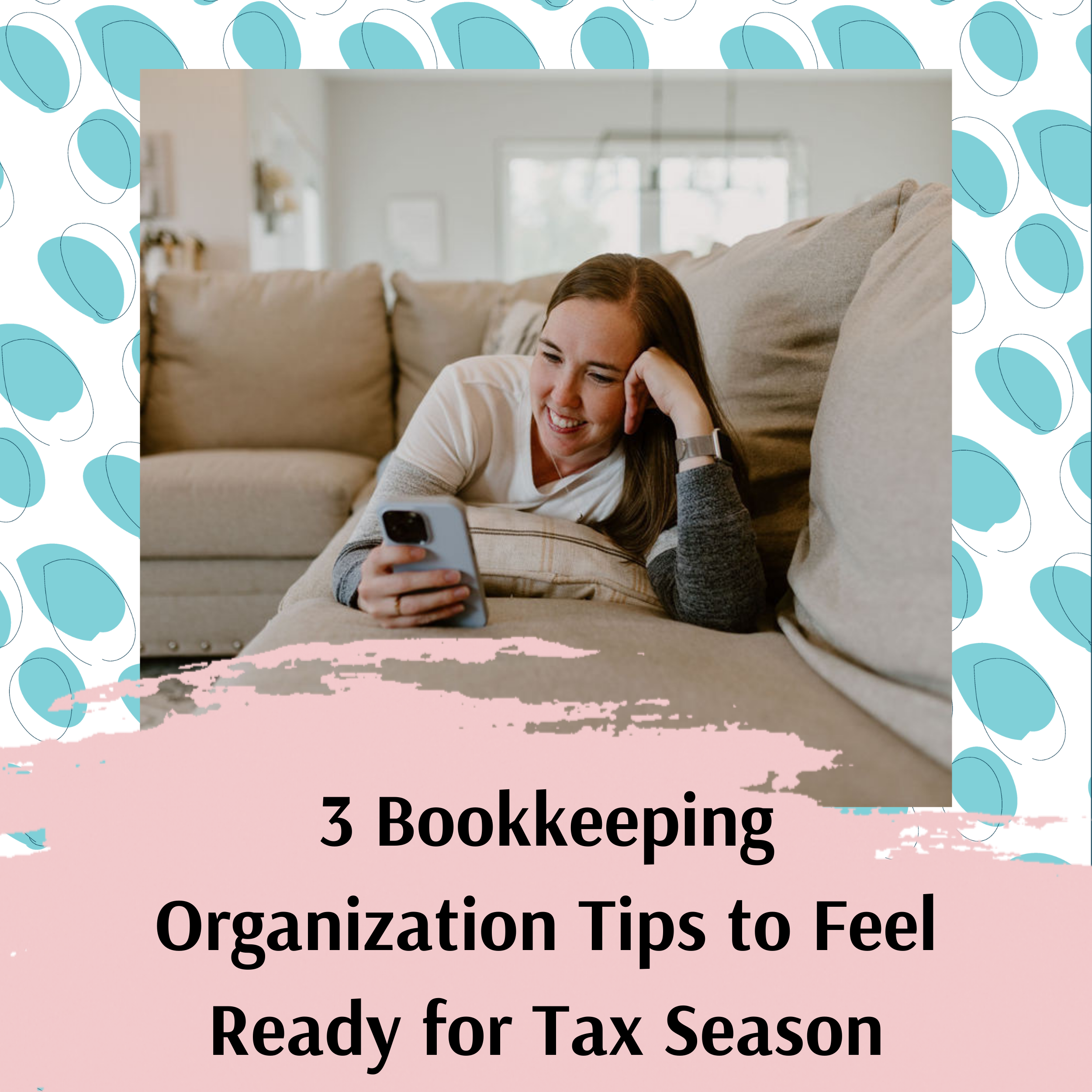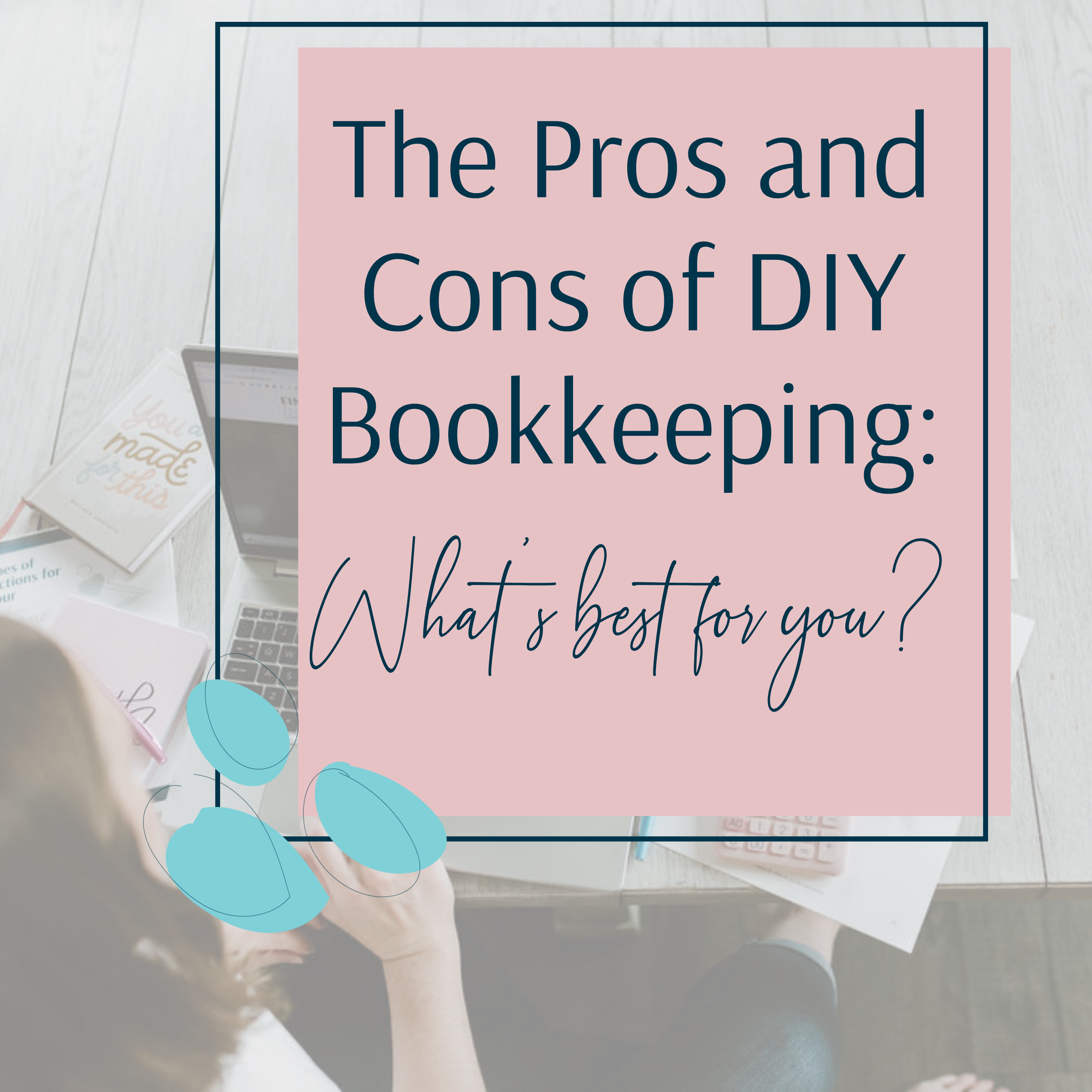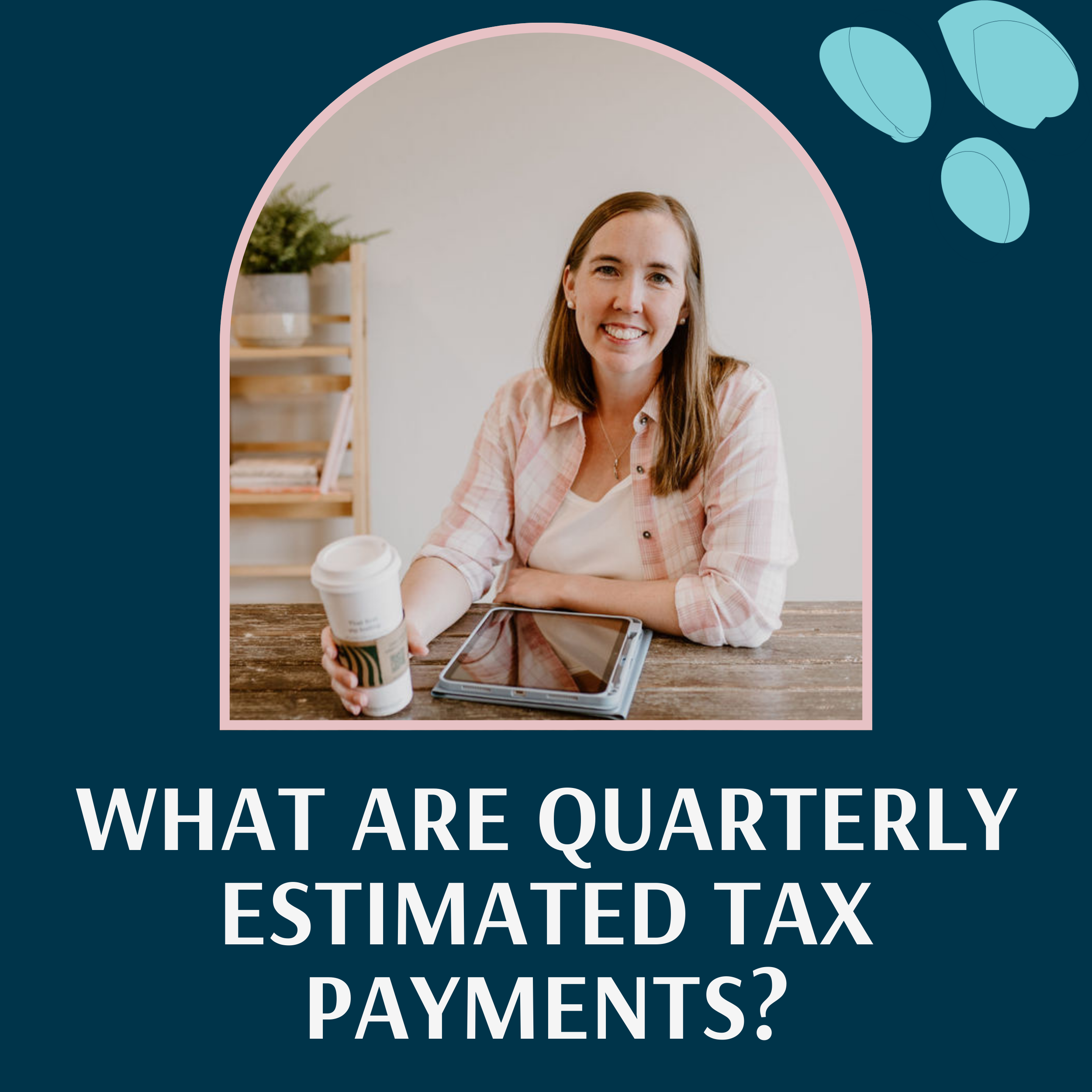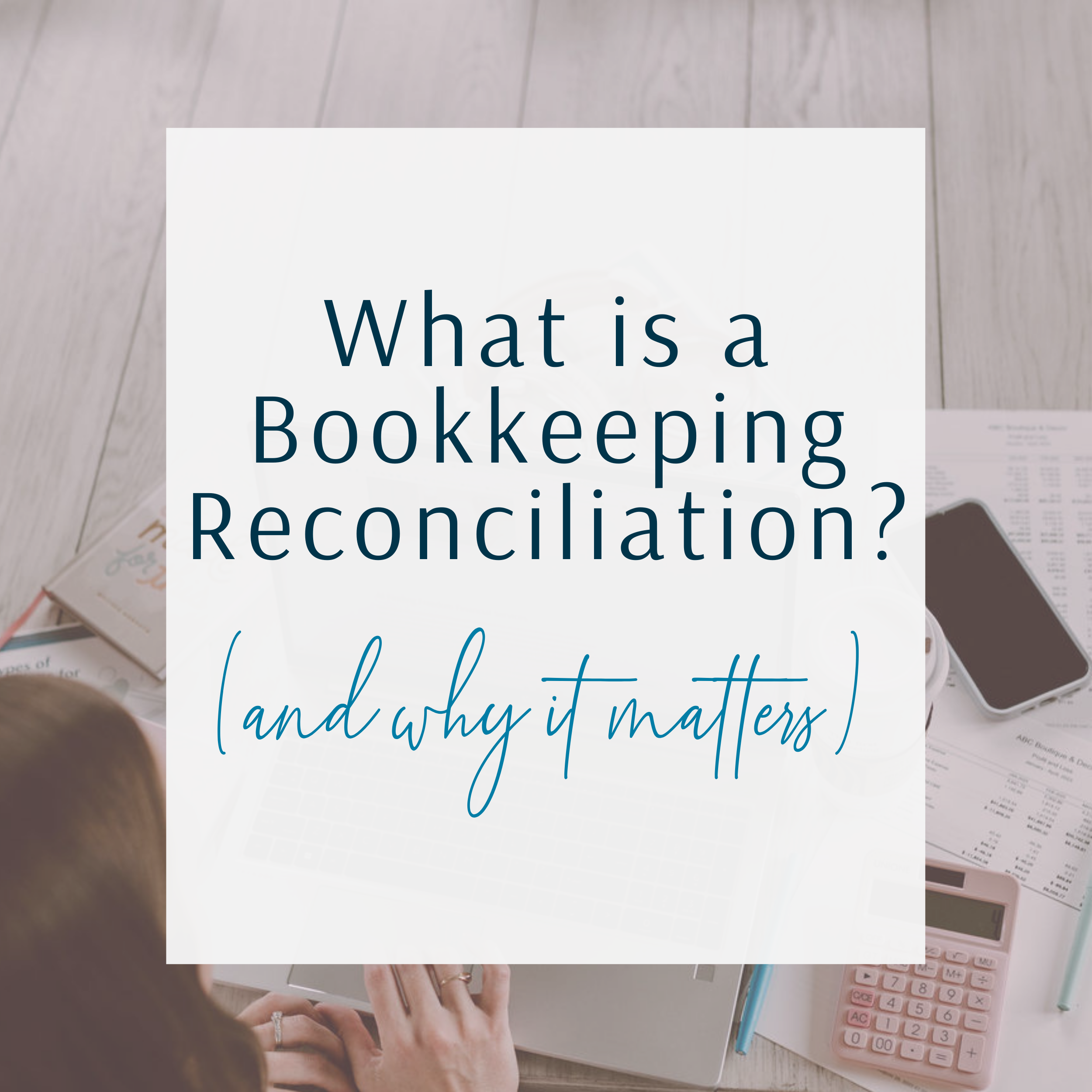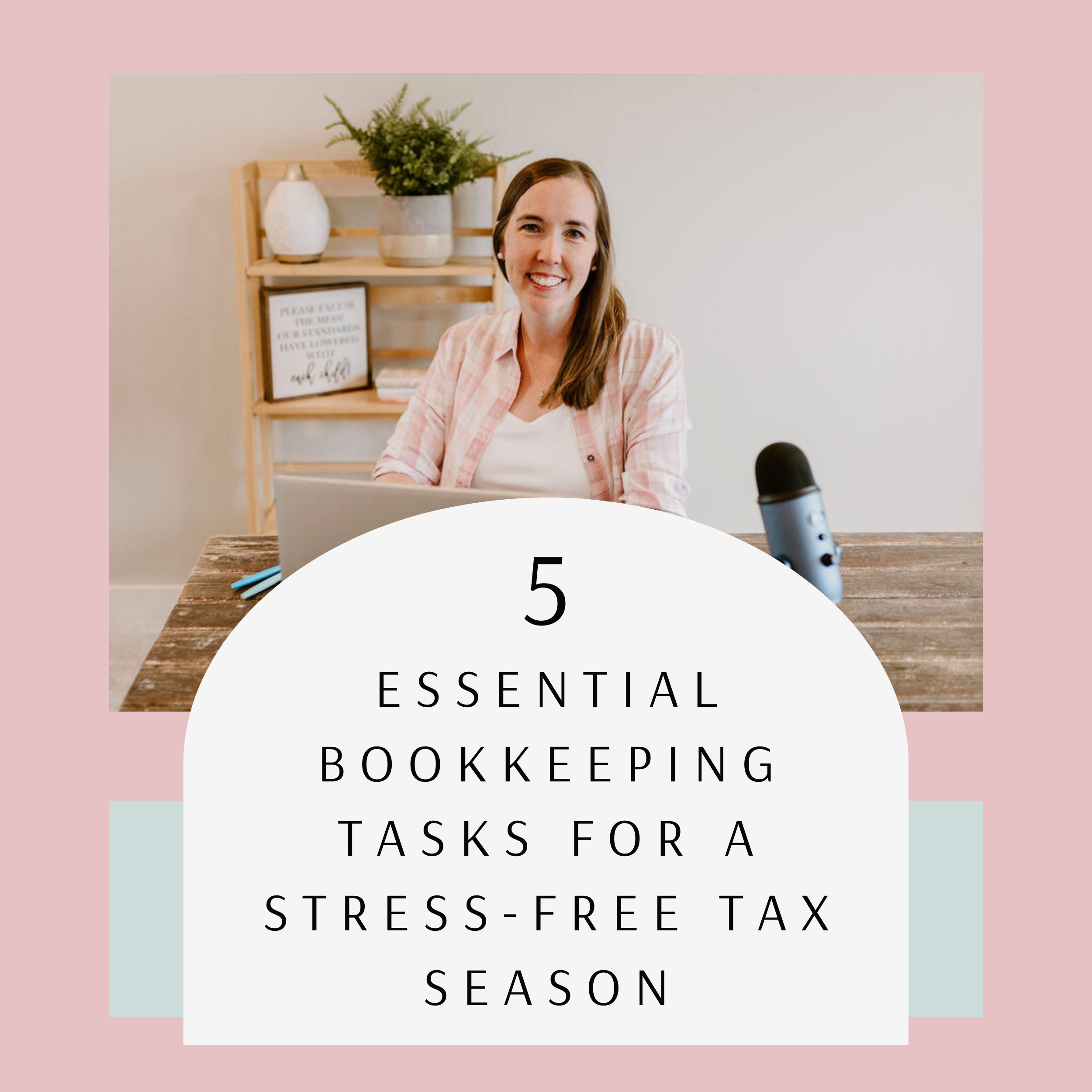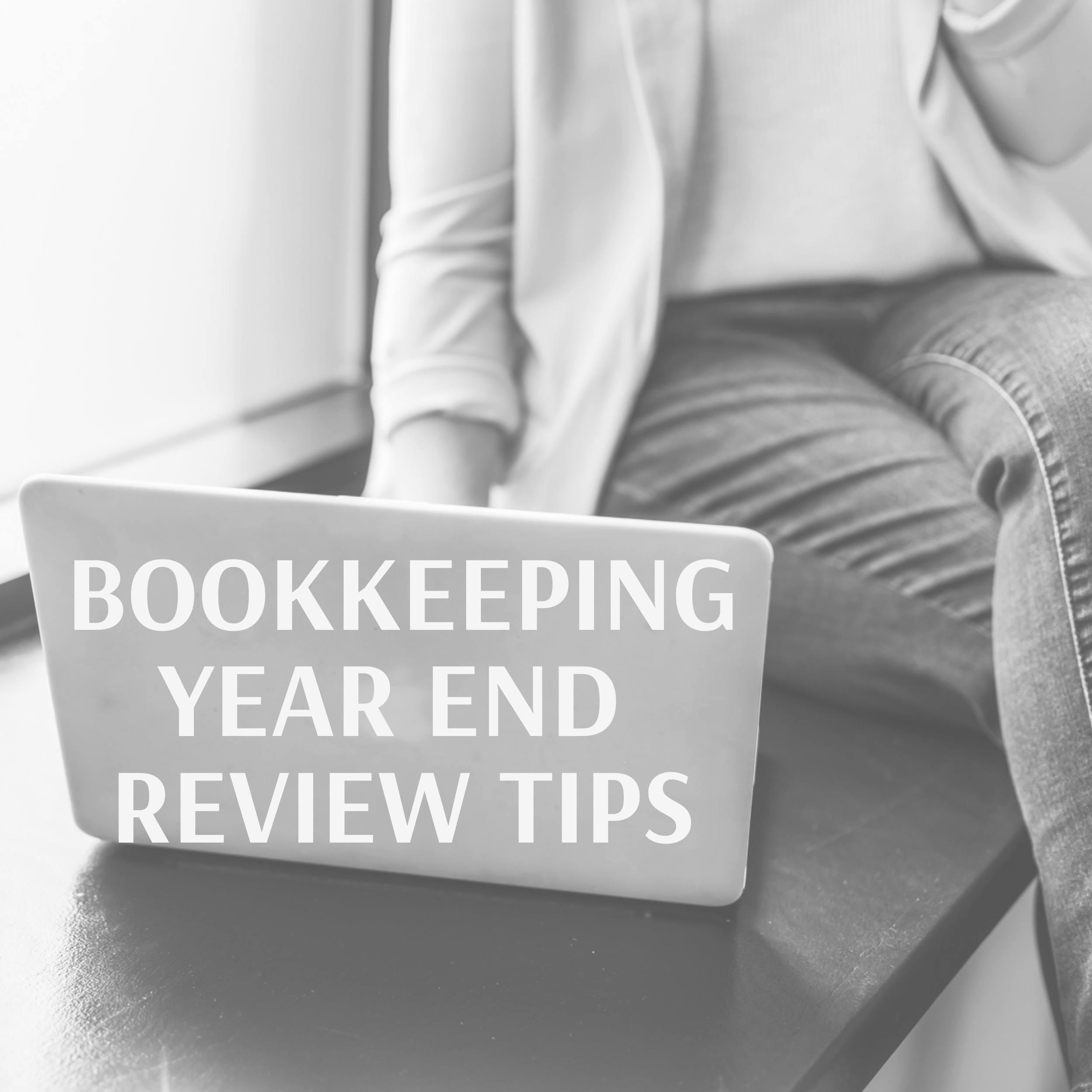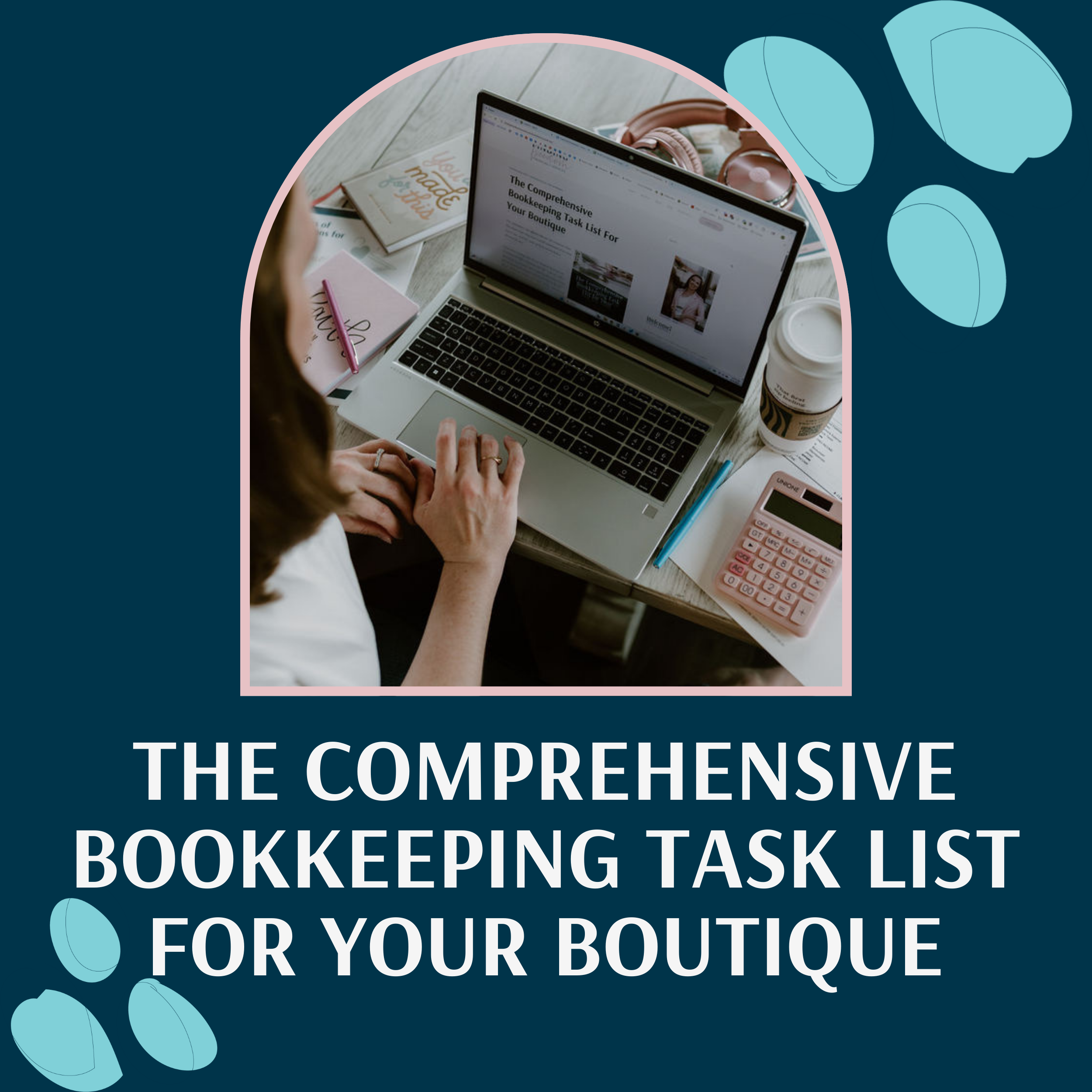How to Record Your Shopify Deposits in Quickbooks Online (Hint: It's not just all sales revenue!)
How to Record Business Expenses Paid with Personal Funds. Accidentally use the wrong card to buy? No worries!
Understanding the Chart of Accounts for Retail Boutiques + How to create a custom one for your unique business.
Top Posts
Learn how to implement & follow the Profit First method to ensure you're always protecting your inventory dollars, saving for taxes, and paying yourself for all your hard work!
Profit First Template
for Retailers
free download
COPYRIGHT © 2021 - 2025 · finding freedom financial services | WEBSITE BY elizabeth McCravy customized by Hoffman Creative Co. Photography by Soul Tree Photography & Johnson316 Photography | TERMS & CONDITIONS
